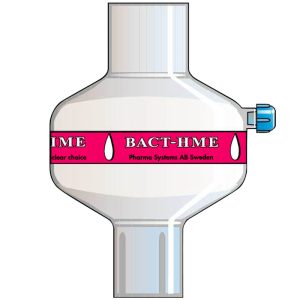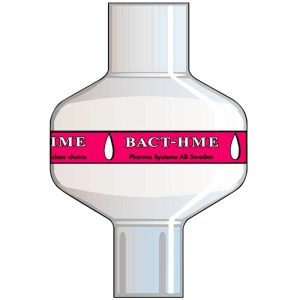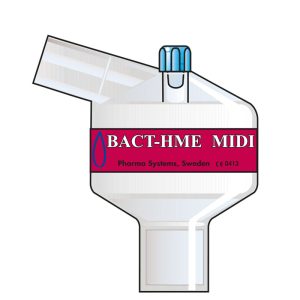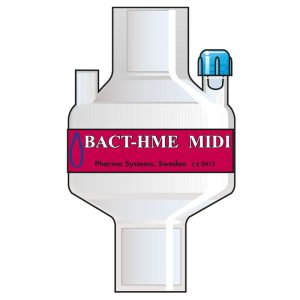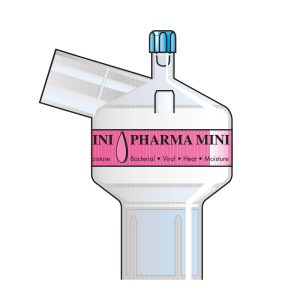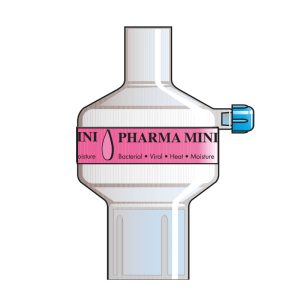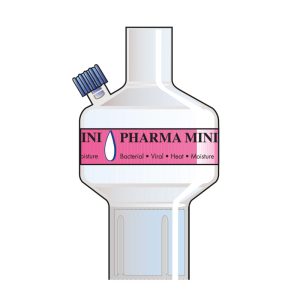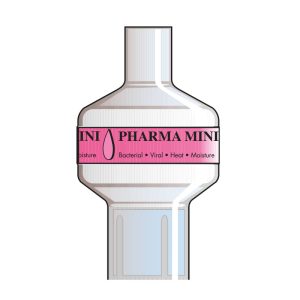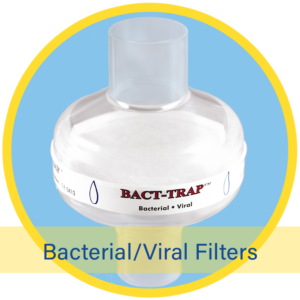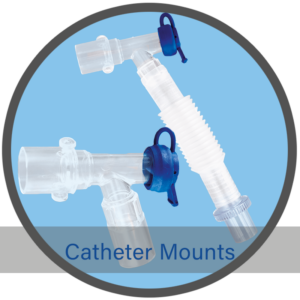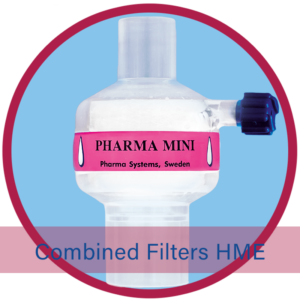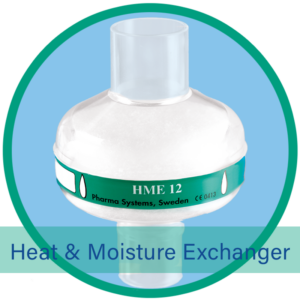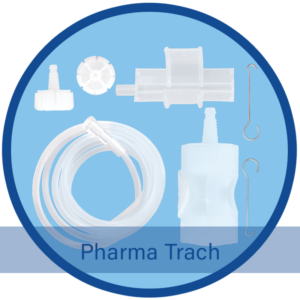Intensive care units (ICUs) are specialist hospital wards. They provide intensive care (treatment and monitoring) for people in a critically ill or unstable condition. Patients may be unable to breathe on their own and have multiple organ failures. ICUs are sometimes known as respiratory care, critical care units or intensive therapy departments.
A person in an ICU needs constant medical attention and support to keep their body functioning. They may be unable to breathe on their own and have multiple organ failure. Medical equipment will take the place of these functions while the person recovers.
When an ICU patient is unable to breath on its own they are intubated with an endotracheal tube. This could be for short or long term, i.e. weeks or much longer. Normal procedure in most hospitals is to exchange the ET-tube to a tracheotomy tube after a certain time, for the comfort of the patient. In both the above cases, one bypasses the trachea and upper airways, thus minimizes the opportunity to provide important heat and moisture to the respiratory system.
This could be corrected by either adding active humidification or a passive humidifier i.e. and heat & moisture exchanger (HME).
And with dry circuits there is less risk for cross contamination.
Recommended use for an HME in ICU is 24 hours.
In most cases the HME’s are combined with an effective bacterial/viral filter thus protects not only the machine, patient and staff but also the Y-piece and breathing circuits form cross contamination.
Pharma Systems have a large variety of HME’s in different sizes and for different functions. There is also different breathing filters and combinations of the both.

